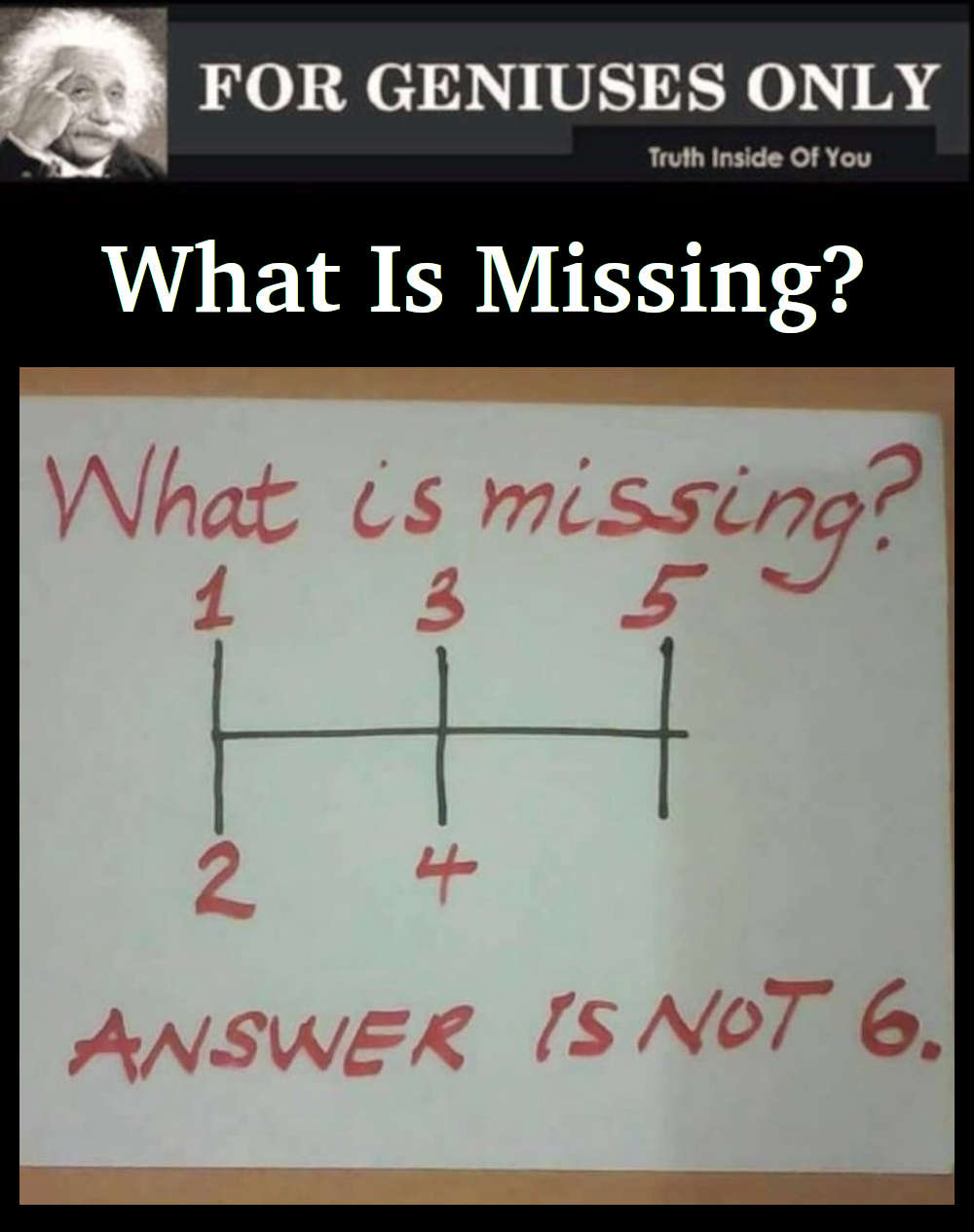Solving riddles enhances cognitive abilities by improving problem-solving skills, memory, concentration, and logical thinking.
It promotes lateral thinking, encouraging innovative approaches to challenges. Emotionally, riddles reduce stress, increase patience, and boost confidence through successful problem resolution. They provide entertainment and a fun way to engage the mind, making them a valuable activity for mental stimulation and overall well-being.
By regularly engaging in riddles, individuals can enjoy these benefits, fostering both cognitive growth and emotional resilience.
Check the riddle below:

Can you find the answer?
Check the solution below:
In this context, the missing number could be viewed as the sequence of gears in a typical manual transmission pattern. Given that manual transmissions often include an arrangement like this:
R (Reverse)
1 (First gear)
2 (Second gear)
3 (Third gear)
4 (Fourth gear)
5 (Fifth gear)



